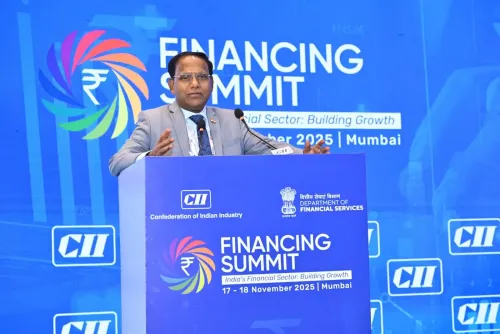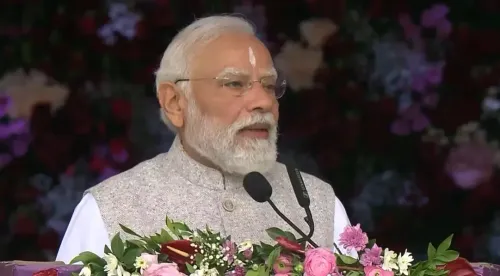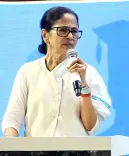Why Are Rival Parties in South Korea Sparring Over Credit After a World Bank Tribunal Nullified a Fine?

Synopsis
Key Takeaways
- The World Bank tribunal annulled a $216.5 million fine against South Korea.
- The ruling has intensified political rivalry between the DP and PPP.
- Lone Star Funds claimed losses due to government interference in KEB's sale.
- Political leaders are vying for recognition of their roles in this outcome.
- The case highlights the complexities of international financial disputes.
Seoul, Nov 19 (NationPress) On Wednesday, rival political factions clashed over a ruling from a World Bank tribunal that rescinded its previous mandate requiring South Korea to pay $216.5 million in damages, alongside interest, to Texas-based private equity firm Lone Star Funds.
In 2022, the World Bank's International Center for Settlement of Investment Disputes (ICSID) had ordered South Korea to pay this compensation due to a long-standing dispute regarding Lone Star's divestiture of Korea Exchange Bank (KEB), as reported by the Yonhap news agency.
Following the ICSID annulment committee's recent decision favoring South Korea and overturning the entire award, the ruling Democratic Party (DP) celebrated the outcome, while the main opposition People Power Party (PPP) contended that the success was achieved under the prior Yoon Suk Yeol administration.
“I was delighted to receive the news that South Korea won this case and that we are not liable to pay 400 billion won in damages,” remarked DP leader Jung Chung-rae during a Supreme Council gathering in the southeastern city of Daegu.
Representative Jeon Hyun-heui, part of the party's Supreme Council, expressed “deep respect” for the officials who worked tirelessly to secure what she termed a “miraculous” outcome, urging ongoing diligence given the potential for further arbitration from the private equity firm.
Another Supreme Council member, Rep. Park Jie-won, praised the ruling as yet another “significant diplomatic achievement” of the Lee Jae Myung administration, particularly following the successful hosting of the Asia-Pacific Economic Cooperation summit, highlighting that complete annulments of ICSID decisions are infrequent.
Former PPP leader Han Dong-hoon, who held the position of justice minister during this period, called for an apology from the DP for critiquing his appeal efforts in 2022.
Members of the DP dismissed his request, accusing Han of attempting to take undue credit.
“The conservative faction will likely attempt to characterize the outcome as a mere continuation of the Yoon Suk Yeol administration’s efforts,” wrote Rep. Kang Deuk-gu on Facebook. “However, this is indisputably a success attributable to the Lee Jae Myung administration, one that cannot be minimized by any political narrative.”
In a statement, PPP spokesperson Park Sung-hoon asserted that the DP had long claimed there was “zero” chance of success and had criticized the Yoon administration's decision to pursue the case.
“Now they want to claim this victory as their own,” he noted.
South Korea had appealed the ICSID's 2022 ruling mandating compensation to Lone Star after the private equity firm filed a lawsuit in 2012, alleging that the South Korean government obstructed the sale of KEB, resulting in losses of $4.67 billion.
Lone Star purchased KEB in 2003 for 1.38 trillion won (approximately US$941 million) and later sold it to prominent South Korean banking entity Hana Financial Group in 2012 for 3.92 trillion won. The firm asserted that governmental interference led to a diminished sale price.
In July 2023, Lone Star initiated a lawsuit to annul the 2022 ruling, claiming inadequate compensation. In September of the same year, Seoul also filed a petition aimed at nullifying the award and halting the decision, citing tribunal overreach and procedural rule violations.









